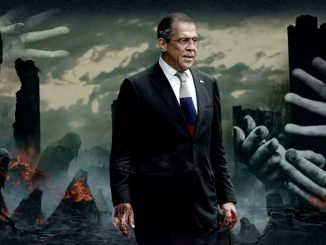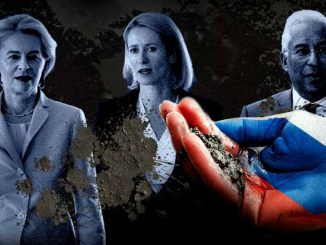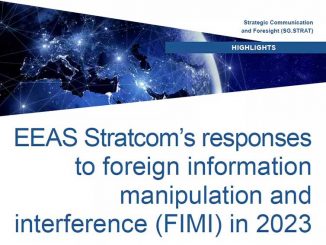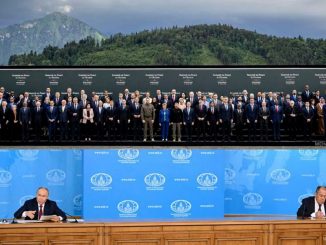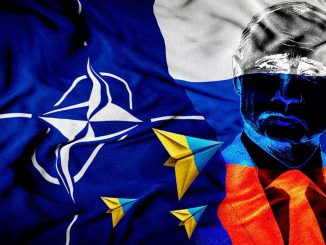
Paint It Black – Pro-Kremlin Take on the NATO Summit
The recent NATO summit is portrayed as a failure and Washington the master of evil – if you follow pro-Kremlin sources. During this Summit, this ‘negative’ dynamic was much at work. Russian state and pro-Kremlin outlets took the most common-sense impressions and neatly reversed them all to create a nightmarish fantasy with the following disinformation narratives. In this reality-reversal, Western countries are apparently exploiting Ukraine. How? By treating Ukraine as a battleground that they use to attack Russia. A recent example alleged as much. Note the neat inversion of cause and effect, or white colours with dark colours. By helping Ukrainians defend themselves, NATO is ensuring that more Ukrainians die, right? Except NATO isn’t killing Ukrainians. Russia is. Replace ‘NATO’ with ‘Russia’, and you have a more accurate picture of the war in Ukraine. […]

